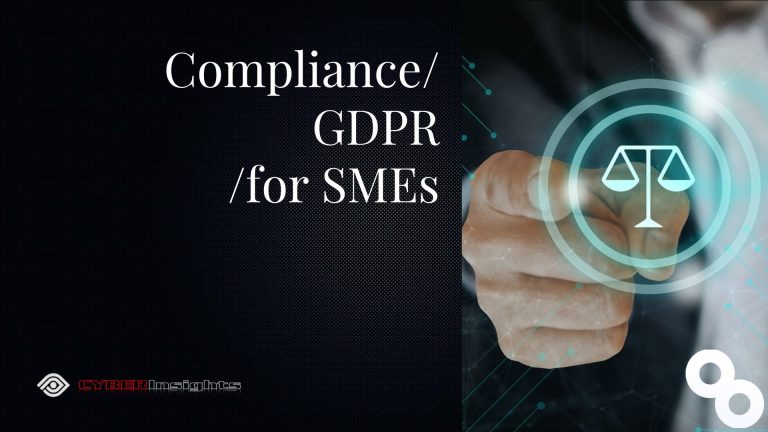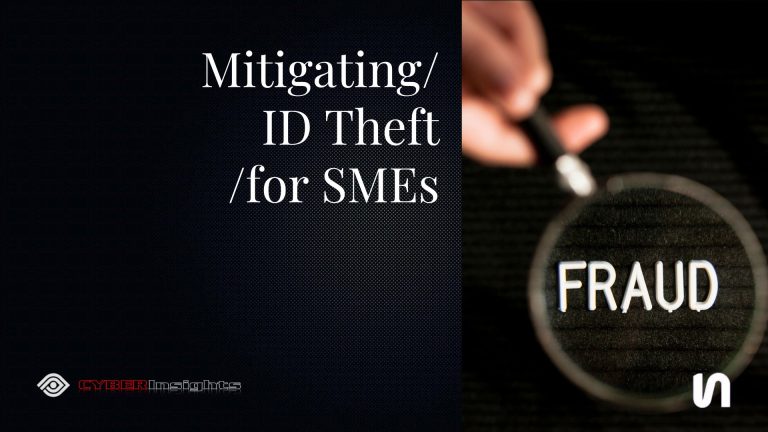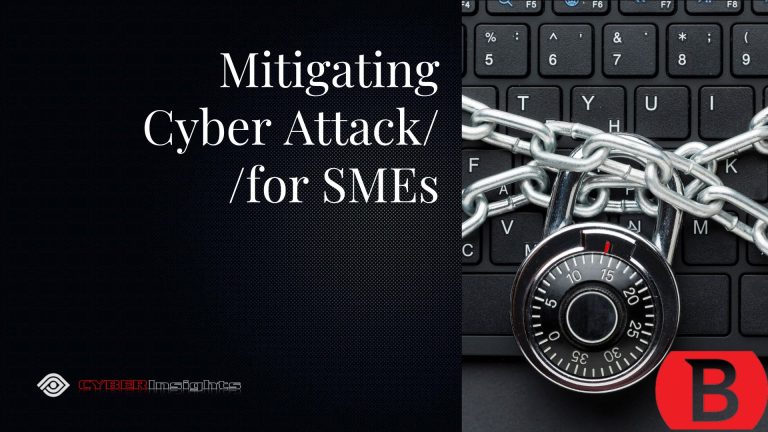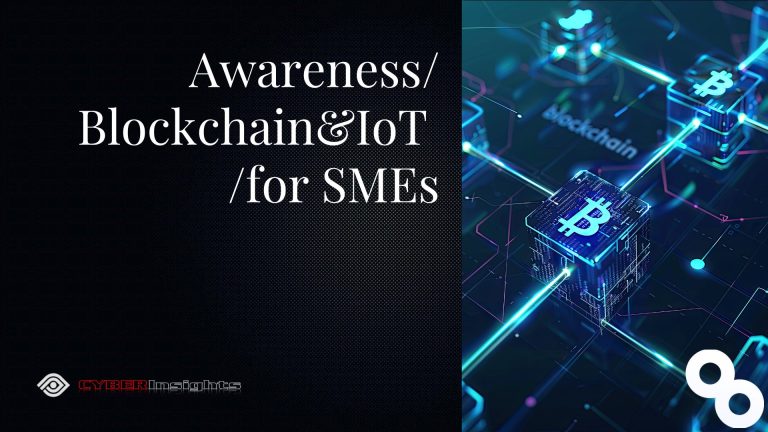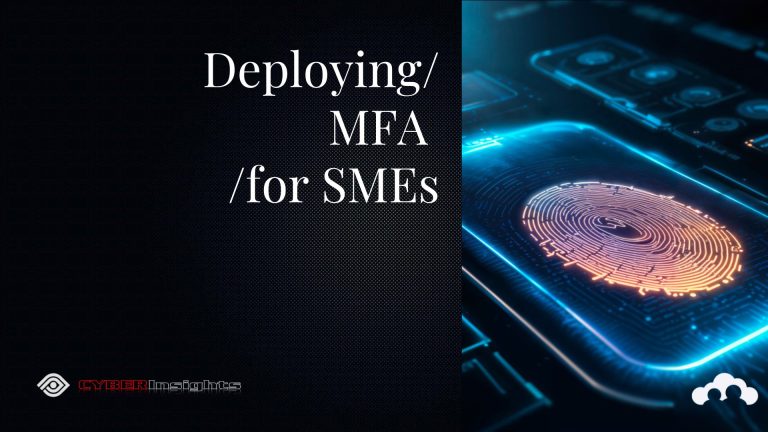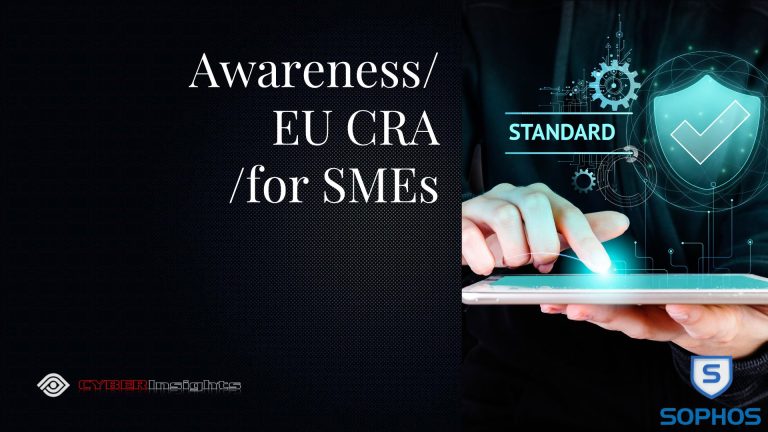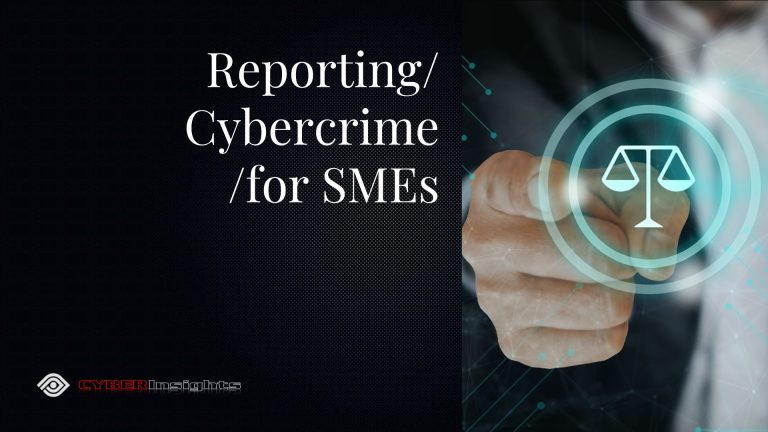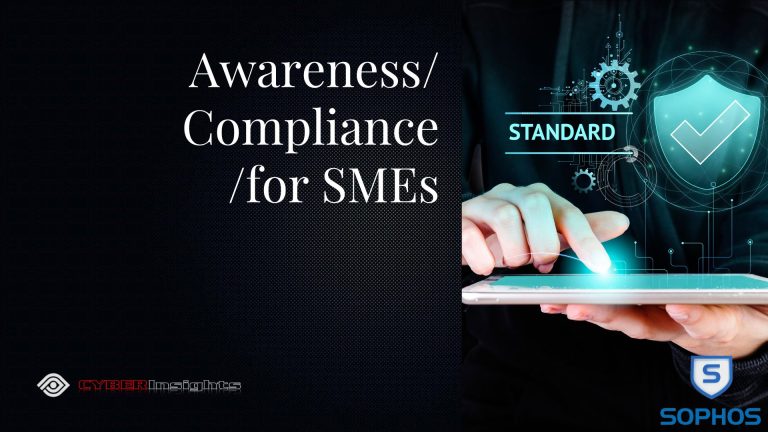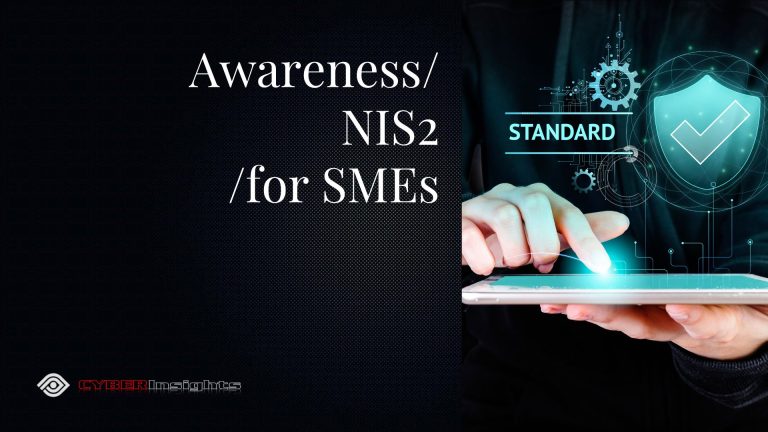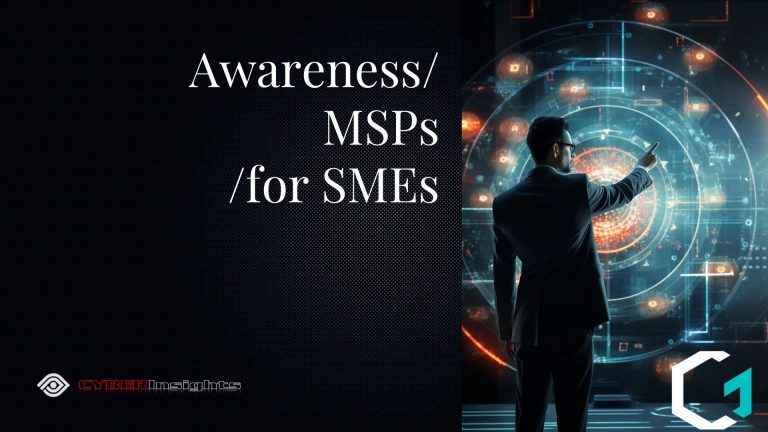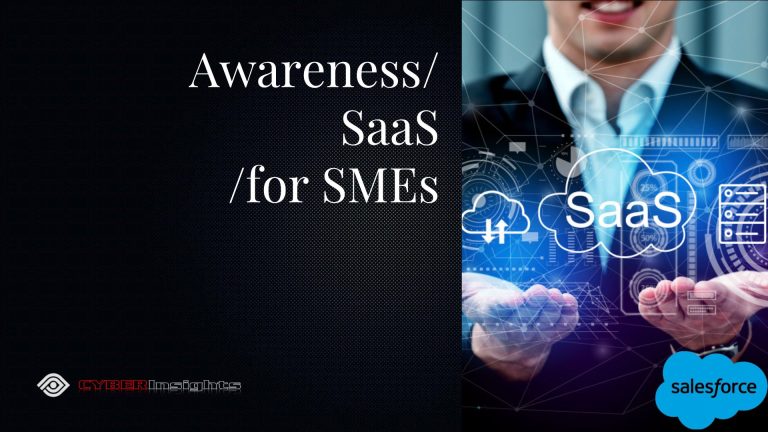COMPLIANCE: CRA – EU Cyber Resilience Act in Force: Implications for UK SMEs
December 18, 2024Helping Keep Small Business CYBERSafe!
Gibraltar: Wednesday 18 December 2024 at 11:30 CET
COMPLIANCE: CRA – EU Cyber Resilience Act Enters Into Force: Implications for UK Small Business
By: Iain Fraser – Cybersecurity Journalist
CYBERInsights – First for SME Cybersecurity News
#CyberInsights #SMECybersecurity #CyberSecurity #CyberAwareness #SME #SmallBusiness #SmallBusinessOwner #EU #Compliance #CyberResilienceAct
CRA: EU Cyber Resilience Act Enters Into Force: Implications for UK Small Businesses
The European Union’s Cyber Resilience Act (CRA), formally known as Regulation (EU) 2024/2847, officially came into force on December 10, 2024. Companies have until December 11, 2027—a three-year transition period—to ensure their products meet compliance standards for the EU market. This legislation complements the NIS 2 Directive by imposing robust cybersecurity requirements on manufacturers of “products with digital elements” (PDEs). PDEs encompass a wide array of connected devices, ranging from consumer electronics like baby monitors and smartwatches to enterprise-grade tools such as firewalls and routers.
Unlike the NIS 2 Directive or the EU Data Act, the CRA does not provide exemptions based on company size or revenue. As a result, all manufacturers—whether small start-ups or established enterprises—are subject to its provisions
Goals and Rationale
The CRA is designed to combat the alarming frequency of Cybersecurity threats, such as ransomware attacks, which the EU Commission estimates occur every 11 seconds. By establishing a common Cybersecurity framework, the Act aims to:
Reduce the number and impact of cybersecurity incidents, Lower associated costs, including incident response and reputational damage, Boost consumer and business confidence in digital products and Enhance the market demand for secure PDEs, both within and beyond EU borders.
Compliance Requirements
Under the CRA, economic operators within its scope must:
1. Align their products with new cybersecurity standards;
2. Implement mechanisms to monitor and report vulnerabilities;
3. Adhere to incident notification obligations; and
4. Manage potential sanctions and liability for non-compliance.
The penalties for failing to meet these requirements can be substantial, emphasizing the need for thorough preparation and adherence to the Act’s provisions.
Implications for UK Small Business Owners
While the CRA is EU legislation, its impact extends to UK-based manufacturers and suppliers who sell digital products within the EU. For Small Business (SMEs), the Act presents both challenges and opportunities:
Challenges:
Increased Costs: Compliance with the CRA’s cybersecurity requirements will require investments in testing, monitoring, and reporting systems. This may strain smaller businesses with limited resources.
Liability Risks: SMEs will be held to the same standards as larger corporations, exposing them to significant penalties in cases of non-compliance or Cybersecurity breaches.
Opportunities:
Competitive Advantage: SMEs that achieve early compliance can position themselves as trusted providers of secure products, leveraging this as a selling point to consumers and business partners.
Market Expansion: The CRA’s emphasis on security could open new markets for businesses offering specialized Cybersecurity solutions or consultancy services.
Practical Steps for UK SMEs:
Conduct Risk Assessments: Identify potential vulnerabilities in your product portfolio and address them proactively.
Seek Expertise: Partner with Cybersecurity consultants or legal advisors to navigate the compliance landscape effectively.
Invest in Training: Ensure your team is knowledgeable about the CRA’s requirements and the latest Cybersecurity best practices.
Monitor Regulatory Updates: Stay informed about changes or clarifications to the CRA that could affect your obligations.
By taking these measures, UK SMEs can not only mitigate compliance risks but also capitalize on the growing demand for secure digital products in the EU and beyond.
Post Impressions:
GDPR Training & Audits – Your business’s reputation is everything. If you’re not GDPR compliant, there is much more at stake for your company than a fine. Without your reputation and proof that you can offer your clients/customers complete privacy and protection, you could be left out in the cold. Our online course offers you a human approach to training while being informative and easy to follow. We also offer in-house training with Keith, who has been involved in the development of the General Data Protection Regulation with both the UK Information Commissioner’s Office and the Internet Advertising Bureau. As well as training, we are able to run full GDPR audits on your businesses terms and conditions and privacy policies.
CYBER Insights – Helping Keep Small Business CYBERSafe!
Launched in 2020 by Cybersecurity Journalist Iain Fraser and his team at IfOnly… CYBERInsights was developed to be the go-to platform providing definitive, reliable & actionable Cybersecurity News, Intel, Awareness & Training specifically written and curated for Small Business & Enterprise Owners, Partners and Directors throughout the UK. #CyberInsights #CyberSecurity #CyberAttack #CyberAwareness #Compliance #DDoS #Fraud #Ransomware #ScamAlert #SME #SmallBusiness #SmallBusinessOwner #ThreatIntel


